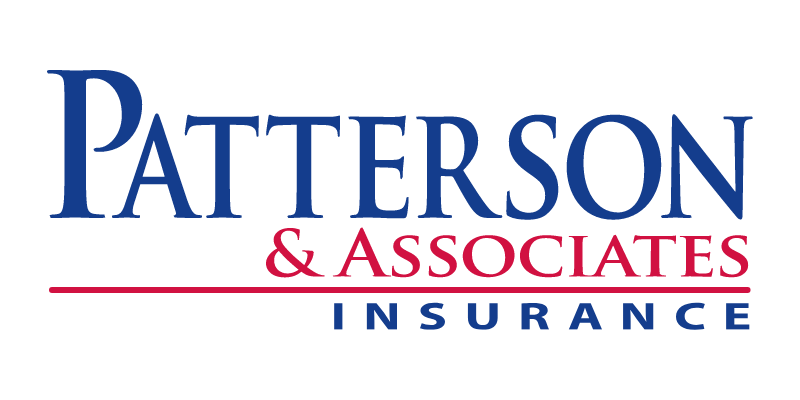
Every homeowner should have an insurance policy in place, and many jurisdictions require coverage if the home has been financed through a mortgage. However, even though homes have considerable cost and value, there tend to be variations in the costs of coverage premiums—often depending on how secure the property is from preventable damage. In the case of a crime, the more secure a home is, the lower its insurance costs will be.
In an effort to reduce the chance of considerable damage from robbery or theft, you may have recently implemented (or may still be considering) a home security system. Here’s how adding a home security system to your property may affect your insurance.
Theft and Your Homeowners Policy
In a typical homeowners insurance policy, burglary tends to fall under the category of loss covered with a comprehensive plan. Insurance companies don’t provide their protection for free; with the use of geolocated statistics, regional crime trends, and neighborhood location, insurance may adjust their rates accordingly. It is no surprise that if your area sees a lot of crime or your home gets broken into more than once in a long while, you’re likely to see a higher monthly premium.
Preventing Home Burglaries
There is one burglary every 25.7 seconds in the United States (or about 1 million burglaries per year). Even more alarming, houses with no security system in place are 300 percent more likely to be burglarized.1
There are preventative measures you can take, from utilizing barriers and alarms to monitoring and recording your property. When protective measures are put in place, insurance providers respond accordingly, knowing how effective these resources can be.
In fact, insurers may provide up to 15 percent savings on premiums for proactive defense security by owners.2
Proactively Finding Savings
How do you boost home security quickly and effectively while seeking out important insurance savings? Add a house alarm that is monitored and secures your doors, windows, and garage. Insurers know that a visibly installed and monitored system means a headache for criminals, who are likely to go elsewhere for easier targets. Here are a few additional tips to try:
- Park your cars inside your garage: Home and auto insurers will often ask where you park your cars. It’s easy, doable, and deters car smash-and-grabs cold, saving everyone money from avoidable repairs.
- Consider external home cameras: Although video won’t stop a crime, it will create a record of the crime.
- Add window locks and door reinforcements: The harder it is to get into a home, the more likely a burglar will quit and leave, especially during the day.
- Connect your home’s smoke and gas detectors to your monitored alarm system: Insurers want your home protected so that they can minimize costly damage.
Protecting your home from theft or damage is a crucial part of feeling safe and secure in your house. The potential insurance savings are important to consider as well. Ask your current homeowner insurance provider if they offer discounts for home security systems, as this could help offset the cost of installing or maintaining a system year round.
—————–
1. BankRate.com, June 6, 2022
2. PolicyGenius.com, November 19, 2021
The content is developed from sources believed to be providing accurate information. The information in this material is not intended as tax or legal advice. It may not be used for the purpose of avoiding any federal tax penalties. Please consult legal or tax professionals for specific information regarding your individual situation. This material was developed and produced by FMG Suite to provide information on a topic that may be of interest. FMG, LLC, is not affiliated with the named broker-dealer, state- or SEC-registered investment advisory firm. The opinions expressed and material provided are for general information, and should not be considered a solicitation for the purchase or sale of any security. Copyright 2024 FMG Suite.
